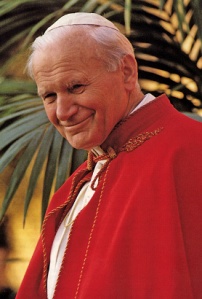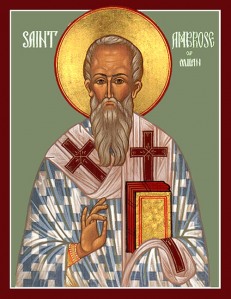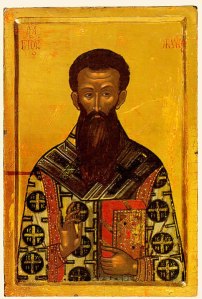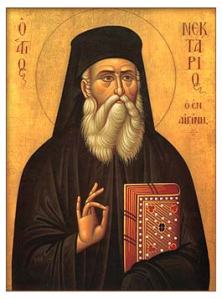 “God so loved the world that he gave his only Son, so that whoever believes in him should not perish but have eternal life” (Jn 3:16).
“God so loved the world that he gave his only Son, so that whoever believes in him should not perish but have eternal life” (Jn 3:16).
In these words from the Gospel of John, the gift of “eternal life” represents the ultimate purpose of the Father’s loving plan.
This gift gives us access through grace to the ineffable communion of love of the Father, the Son and the Holy Spirit:
“This is eternal life, that they know you the only true God, and Jesus Christ whom you have sent” (Jn 17:3).
The “eternal life” that flows from the Father is communicated to us in its fullness by Jesus in his paschal mystery through the Holy Spirit.
By receiving it we share in the risen Jesus’ definitive victory over death. “Death and life”, we proclaim in the liturgy, “have contended in that combat stupendous: the Prince of life, who died, reigns immortal” (Sequence for Easter Sunday).
In this decisive event of salvation, Jesus gives human beings “eternal life” in the Holy Spirit.
In the “fullness of time” Christ thus fulfils, beyond all expectation, that promise of “eternal life” which the Father has inscribed in the creation of man in his image and likeness since the beginning of the world (cf. Gn 1:26).
As we sing in Psalm 104, man experiences that life in the cosmos and, particularly, his own life have their beginning in the “breath” communicated by the Spirit of the Lord:
“When you hide your face, they are dismayed; when you take away their breath, they die and return to their dust. When you send forth your Spirit, they are created; and you renew the face of the earth” (vv. 29-30).
Communion with God, the gift of his Spirit, more and more becomes for the chosen people the pledge of a life that is not limited to earthly existence but mysteriously transcends and prolongs it forever.
[…] Jesus links belief in the resurrection to his own person: “I am the Resurrection and the Life” (Jn 11:25).
In him, through the mystery of his Death and Resurrection, the divine promise of the gift of “eternal life” is fulfilled.
This life implies total victory over death: “The hour is coming when all who are in the tombs will hear the voice [of the Son] and come forth, those who have done good, to the resurrection of life …” (Jn 5:28-29).
“For this is the will of my Father, that everyone who sees the Son and believes in him should have eternal life; and I will raise him up at the last day” (Jn 6:40).
John Paul II (1920-2005): General Audience, October 28th, 1998.















